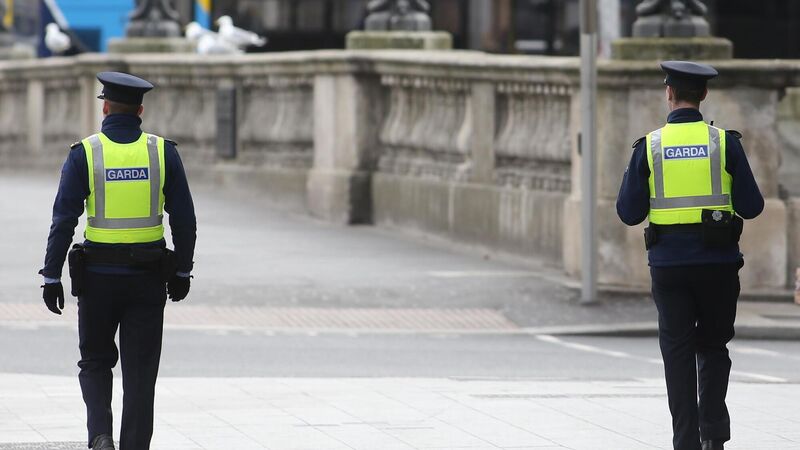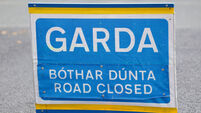Gardaí cannot 'stand back and tolerate' level of abuse thrown at them

Brendan O'Connor welcomed proposals before Cabinet for higher sentences for attacks on gardaí and emergency service workers. Picture: Sam Boal/RollingNews.ie
Garda Commissioner Drew Harris said gardaí “are not going to fall into the trap” of over-responding to far-right protests.
Mr Harris said gardaí have to be careful to make sure their response to protests is “proportionate”.











